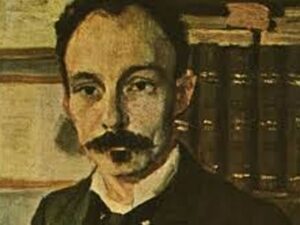The conference, which closes a world day of homage to José Martí, began last Tuesday and will conclude on January 28, the date of the 170th anniversary of the birth of the Cuban National Hero, on whose thought, from the most varied perspectives and themes, focuses the event attended by over a thousand delegates from 86 nations.
Precisely, the youth forum on its first day was dedicated to solidarity, peace and the leadership of that important social sector and will conclude tomorrow dedicated to the work of Martí, his ethics and his impact on youth.
Lil María Pichs, a member of the organizing committee of the youth forum and a specialist from the Office of the Martí Program, expressed in statements to Prensa Latina that both issues are closely linked.
She highlighted the participation of representatives of numerous Cuban youth organizations and movements and from other parts of the world who refer in one way or another to the value of Marti’s ethics in their interventions.
She pointed that “the meeting was conceived so that it truly is a forum and not just a panel, to promote the debate of attendees open to all opinions, without distinction of political signs, always based on respect for the criteria and convictions of each one”.
She explained that a digital extension of the youth forum is also being developed with hundreds of registered participants who present papers and debate in parallel with what is happening at the Convention Center, venue of the conference.
Pichs highlighted that “as a common denominator of the interventions, there is a very favorable approach regarding the level of awareness of youth”.
There is a consensus, regardless of nuances, on the role and strength of youth to change the current reality, and the need to radically transform the prevailing global system.
She called attention to “the level of commitment that young people have, who have exposed their own national reality here.”
Among the topics addressed in panels and keynote lectures, there are “The role of youth and the new generations: present and future”, “Ethics and social justice as drivers of youth action and leadership”, “Why study Martí?” and “A reflection on the presence of José Martí in digital social networks”. ef/jha/rc









